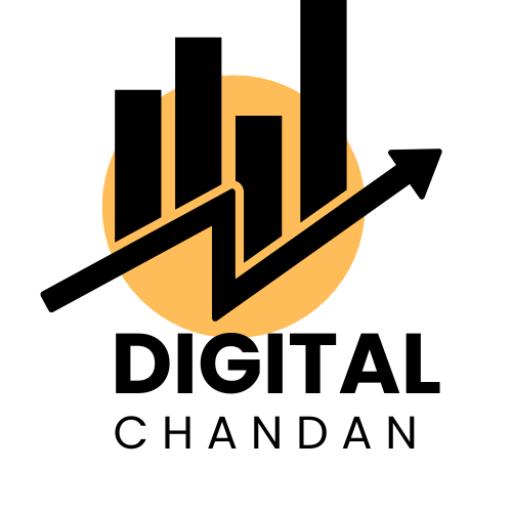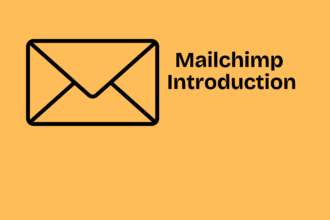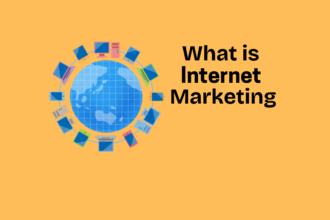SEO means “search engine optimization”. An easy way to explain this is the meaning of improving
your website to grow its users when people are searching for a service or product which is
related to your business on search engines like Yahoo, Bing, Google or Duckduckgo, and many more.
The more visibility your websites get in search results, there are more changes your website
will get more attention and will attract prospective and existing customers to your brand.
How does SEO work?
Search engines like Bing or Google use bots which are also called crawlers on the web,
to go from website to website, collecting important information about your website, and putting
them in an index. Think about the index as a giant library that can pull out a book (or a website)
to help you get exactly what users are looking for at any time.
The next process is algorithm analyzing pages to the index, taking into hundreds of accounts of ranking
signals or factors, to control the order of the pages that should appear in the search results for a
given question. In our analogy of a library, the librarian had read every different type
of the book in the library hall and will tell you exactly which book will have the right answers
to the questions.
Our factors for SEO success can be considered deputy to the aspects of the experience of the
users. This is how search bots estimate how good a website provides searchers with what they are finding.
Unlike google ads or other search engine ads, you can’t pay search engines to get higher
free search traffic and ranking, which means SEO experts have to put in the world. That’s
where we come from.
We have created a Periodic table for the SEO Factors which is organized into the 6 main different
main weights and categories which are based on their importance to SEO (Search Engine Optimization).
For example – keyword research and quality of content are important factors for
content optimization, and speed and crawlability are important site architecture factors.
The newly SEO updated SEO Periodic table also includes a list of Toxins that detract from SE
best practices. These are tricks or shortcuts which may be insufficient to guarantee
a high ranking back in the day when the engine’s methods were much more sophisticated. And,
they even might work for a short period now – at least until you will be caught.
We also have a brand new Niches section that deep-dives into the success of SEO factors
which is behind 3 key niches: Local SEO, News/Publishing, and E-commerce SEO. While
the overall SEO Periodic Table would help you get best practices, knowing the SEO nuances for
every type of niche that can help you succeed in search results of small business,
recipe blog, and e-commerce store.
The search algorithms are created to provide relevant, authoritative pages and provide
users with an efficient experience of search. Optimizing your website and content with these
factors in mind can help your pages to rank higher in SERP (Search Engine Result Pages)
Why is SEO an Important factor for marketing?
SEO (Search Engine Optimization) is a foundation of digital marketing because people do
trillions or more than trillions of searchers every year, often with the intent commercial to find
important information about services and products. Searches are the primary sources of digital
traffic for companies and complement other marketing channels. The greater the visibility
and higher ranking in the search results than your competition can have a bad effect on the bottom
line.
However, search results are growing over the last decades to provide users with a more direct answer
and information that is more likely to keep users on the results page instead they are going to
another website.
SEO is the foundation of a holistic ecosystem of marketing. When you understand the intent
of the users what they want, you can then implement that knowledge across your campaigns
(free and paid), across your site, and also across your social media and many other places on the
Internet.
How can I learn SEO?
For a piece of helpful information about SEO, Periodic Table of SEO. Factors will introduce
you all too important concepts you needed to know which includes the elements for successful
off-page and on-page SEO, plus the practices which can hurt your rankings.
1 photo
This table and the accompanying report also look at 3 niches of search :
- Local SEO
- News SEO/ Publishing
- E-commerce SEO
This Periodic table of SEO Factors provides the foundation of this Guide to SEO. Together,
these resources will make your life easy by learning SEO and increase the chances of your
the success of SEO.
Digital Marketing Campaign’s Guide To SEO
As a part of this Periodic Table of SEO Factors, the Digital Marketing Campaign for SEO
walks you to the foundation of optimizing for search engines so that you can create a solid
strategy to bring traffic to your website.
In this guide below, we have explained these factors in more detail and highlighted
them from experts on search engines optimization which will help your site get more users
from freeways.
- Chapter 1: Types of Search Engine Success Factors: These are the off-page and on-page factors
which can affect your ranking on search engines. We will also look at Toxic SEO Tactics to Avoid
Niche Verticals. - Chapter 2: Content & Search Engine Success Factors: Also keep these factors in mind to
create a high -quality content that search engines and users will love to read and share. - Chapter 3: Site Architecture & Search Engine Success Factors: Let’s get behind the scenes
and look at every aspect of your website which makes it easy for search engines to get access
and influence the experience of the users. - Chapter 4: Search Engine Success Factors and HTML Code: Structured data and HTML tags help
to organize the information on your website and helps search engines to understand your content. - Chapter 5: Authority, Trust, Expertise & Search Rankings: How your customers engage with
your website, as well as its authority and reputation which, helps search engines determine
if it’s still worth showing to the users. - Chapter 6: Building Link & Ranking In Search Engines: Why links are so important and what they tell about your
content. - Chapter 7: Personalization & Search Engine Ranking: These are user-specific elements
which are action and intent, which can affect the results users see. - Chapter 8: Toxins & Search Engine Spam Penalties: Beware of the SEO “shortcuts.” Using these tactics can
potentially result in a manual action penalty or get even your site being delisted from the search index. - Chapter 9: Emerging Verticals in the Search Engines: Local, Voice, image, and video searches
represent new ways for the users to find what is found on the search engines. While they will provide
suggested opportunities for the companies, they are still based on the principles of fundamentals
of SEO.
Digital Marketing SEO Library
We have created a library for SEO :
- Google SEO
- Google Algorithm Updates
- Google Search Console
- Bing SEO



